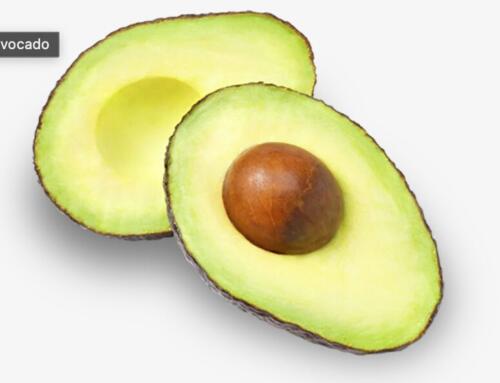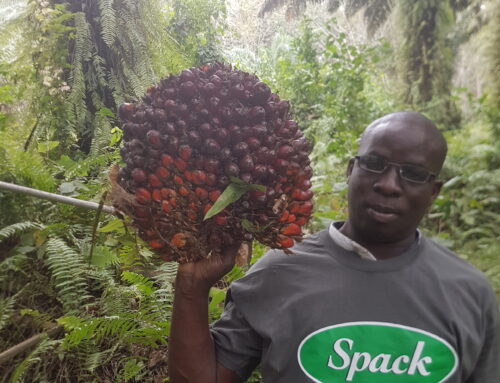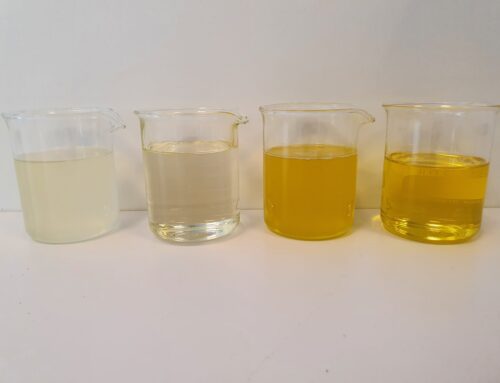Fascinating Facts About Canola Oil
by Jackie Greatorex
Origin
Canola oil comes from a crop of plants in the Brassica family which include turnip, cabbage, mustard, broccoli, Brussels sprouts and cauliflower. The canola plant grows three to five feet tall and produce seed-filled pods which contain about 45% oil. These seeds are harvested and crushed. Canola was bred from rapeseed whose name is derived from the Latin word, rapum, meaning turnip. In this article we will present many fascinating facts about canola oil: Spack is one of the main global producers of organic, non-gmo canola oil.
History
In the early 1970’s, Canadian scientists used traditional plant breeding to eliminate two undesirable components of rapeseed. Erucic acid, which was linked to heart muscle damage, and glucosinolates which prevent iodine absorption. To reduce these levels, scientists repeatedly crossed rapeseed plants that were lower and lower in these compounds, resulting in today’s common variety of canola. Canola was originally a trademark name of the Rapeseed Association of Canada; “Can” for Canada and “OLA” meaning Oil Low Acid. It has become a generic term for edible varieties of rapeseed oil in North America and Australia.
Canola is grown worldwide, in the US, Canada, Australia, India, Europe and China. The crop is called “double low rapeseed” in the latter two countries.
Common Uses
Canola Oil is considered a very healthy cooking oil with a low saturated fat content. It is trans-fat and cholesterol free and high in Omega 3s and Vitamin E. Of all common cooking oils, canola oil has the least saturated fats. In fact, according to the US Canola Association website (www.uscanola.com), the US FDA authorized a qualified health claim for Canola Oil’s ability to reduce the risk of heart disease when used in place of saturated fat. With its high heat tolerance, neutral taste, and light texture, canola oil is ideal for any type of cooking, baking, grilling, stir fry, and sauteing in a variety of cuisines. Canola is the third most consumed vegetable oil in the world, behind palm and peanut oil.
Organic vs Conventional
Conventional canola oil is typically produced using a solvent solution called hexane. This is the most economical form of extraction. Conventional canola oil is far more common in usage than organic. In order to be certified organic canola oil, no solvents can be used in the extraction. The method for extraction of organic canola oil is physical in a process called cold pressed. The organic canola oil that Spack produces is Organic. Click here for more information.
Non-GMO Canola
There are misconceptions about GMO (genetically modified organism) vs non-GMO when it comes to canola oil. It is largely believed that all canola is genetically modified. However, this is false. In the early 1970’s, when scientists were crossing rapeseed plants with traditional breeding methods to create hybrid crops, GMOs had not even been developed yet! In 1997, the first commercially available GMO canola became available. This allowed farmers to spray chemical herbicides directly onto the plant without harming it. Today, nearly all the canola grown in the US and Canada has been genetically modified to be herbicide tolerant. A new market has emerged and consumers desiring all-natural products, free of GMOs, is evolving. An initiative called the Non-GMO Project emerged to meet these consumer needs. The Non-GMO Project Verified mark assures consumers that the product bearing the label has been evaluated for compliance with the Non-GMO standard, which can be found on the Non-GMO Project’s website. Rest assured, the organic canola oil that Spack produces and distributes carries a certificate of verification as Non-GMO Project Verified, click here for more information.
Fun Facts about Canola
- Canola Oil is cholesterol-free.
- Bees love canola! Canola is an ideal habitat and food source for honeybees because canola flowers produce high amounts of nectar. This nectar has a good sugar profile for honey production, offering a good nutritional balance of amino acids, protein and fat. In fact, 80% of honey produced in Canada originates from canola nectar.
- Canola Oil is used as biodiesel, which is a type of fuel that doesn’t pollute the atmosphere as much as conventional types of fuel, such as diesel.
- Canola is usually cultivated as an annual plant (plant that completes its life cycle in one year.)
- Canola meal is a rich source of proteins. It is used as animal feed for livestock.
New at Spack International
We have initiated a new grower program in Eastern Europe for Organic Canola Seeds and have begun producing Organic Canola Oil at our Nieuwe-Tonge expeller facility in the Netherlands this month. This puts us in a very good supply position, to offset the expected lower supply available here in the US and Canada. We will have a healthy inventory of IBC Totes of Organic Canola Oil in our NJ warehouse sometime in September. Contact Jackie at 833-756-8645 or jackie@spack-international.com for more information.











